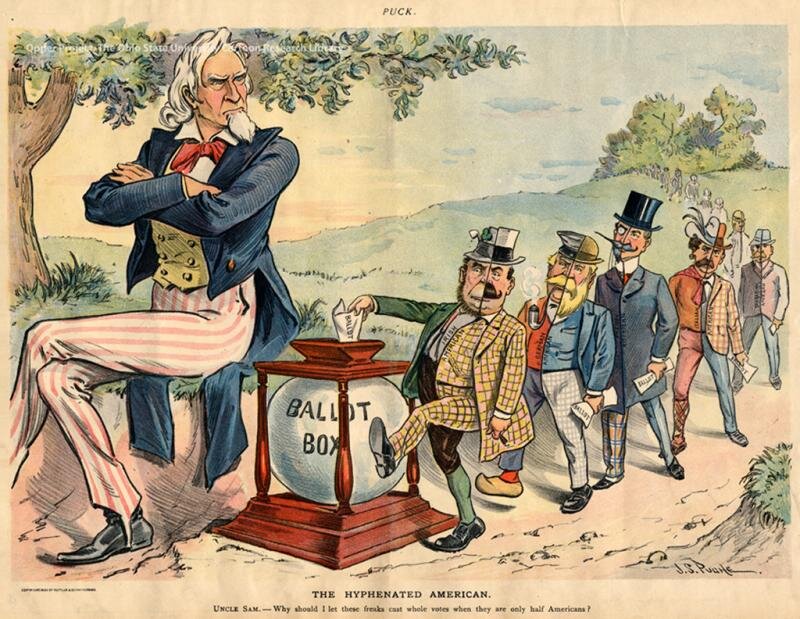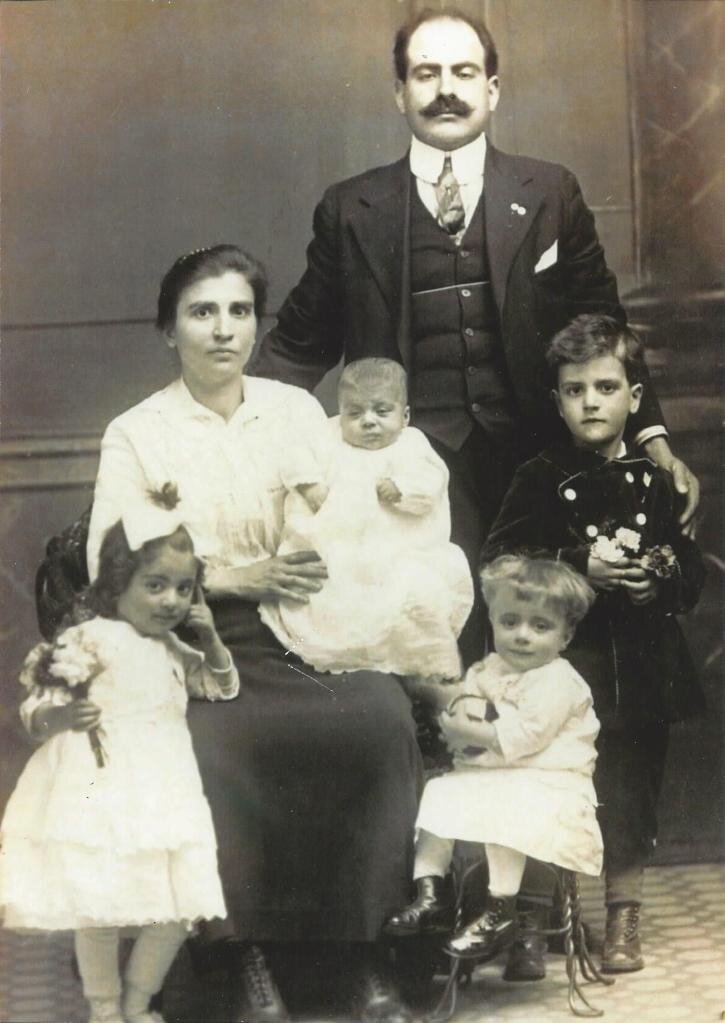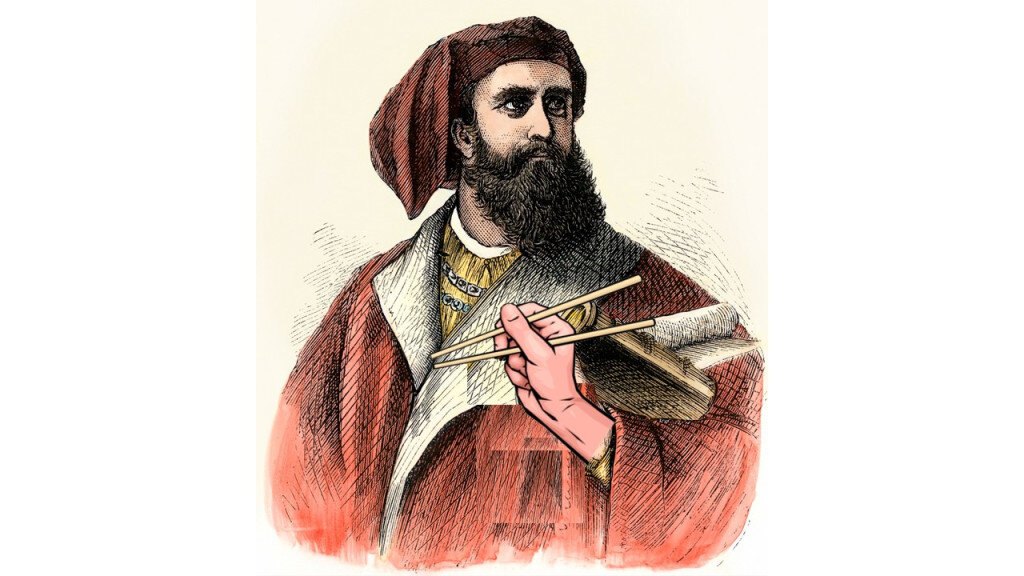
Canto 1: Lost and Afraid in Dante’s Wood
This past May, I was fortunate enough to walk the Camino de Santiago. One morning, I headed out a couple of hours before dawn, hoping to reach my destination before the sun became too strong. There was no moon, so it was very dark. If there were any stars, I could not see them through the canopy formed by the trees. Although I had a headlamp, walking through an inky black forest was unnerving. I worried about what might be hiding in a clump of bushes farther up the path. Worse yet, what was behind me? I started to sing, hoping to frighten anything that might be nearby. Then I wondered, would I be scaring off potential predators or simply telling them where to find their breakfast? Although sitting in my comfortable, well-lit library, I can now laugh, I was more flustered than I care to admit.
The experience made real to me the confusion and fear Dante must have felt in Canto 1 of the Inferno. I, like Dante, was a pilgrim alone in a dark wood. Even as I say this, I feel the comparison is unfair to Signore Alighieri. Dante was lost and in the dark. He did not have a GPS to guide his steps or a rechargeable LED headlamp to light his path. Yet, even with these advantages, I was still apprehensive. It was not my best morning on the Camino.
What Befana Can Teach Us
Is the Feast of Seven Fishes Italian
Lampadusa, The Last Leopard
The Many Saints of Newark

Canto 1: The Journey
Many have long described The Divine Comedy as the greatest work of Western literature. This acclaim is due, in part, to Dante making his journey from bondage to freedom personal to his readers. His poem reaches out and pulls us into the experience of his spiritual enlightenment.
Dante begins by telling us, “Midway in our life’s journey / I awoke to find myself lost in a dark wood.” The tension created between “our life’s journey” and “I awoke” is a subject of a great deal of speculation. What was the authorial intent? Why didn’t Dante simply write in the middle of my life’s journey, I awoke? We might brush off this conflict as sloppy writing, that Dante had intended no deeper meaning here, but I believe this would be a mistake. While I cannot say with any absolute authority what Dante had intended, I think there is a purpose in his choice of words. And, that purpose is an example of how Dante draws us into the poem from the very start.
In Praise of Labor
Canto 1: Midway On The Journey
Midway upon the journey of our life / I found myself within a forest dark / For the straightforward pathway had been lost. These first three lines to The Divine Comedy are so well known that even many who have never read it know them. However, I have discovered that the deeper meaning of things that are well known often escapes us. Such is the case with these opening lines.
In one Dante class, the students who were in their late teens and early twenties wrote these lines off as Dante having a midlife crisis without much further consideration. There it was, a tidy little package all wrapped and labeled. Let’s move on to the good stuff of seeing people tortured in hell. I must admit that the first time I read The Divine Comedy, I did the same thing, missing the entire setup to the poem. I did not repeat the error in subsequent readings later in life.

Does this country have room for the Italian-American?
A funny thing happened to me the other day at lunch while I was eating a cobb salad. I realized that it was a great example of the United States of America. When I made this observation to my son-in-law, Ryan, he said it is the old question of whether the United States was a melting pot or a salad.

So, you’re Italian-American. What’s the big deal?
Everyone should be proud of their cultural heritage, even if you aren’t Italian-American. After all, not everyone can be an Italian-American. I guess my bias is pretty obvious. Someone once asked me if I could choose to be anything other than Italian-American, what would I like to be. I was shocked by such a horrible thought. The Italian-American culture is the confluence of two of the greatest civilizations ever to have existed. I wouldn’t want to be anything other than what I am.

A Voice for Columbus
The evil that men do lives after them, the good is oft interred with their bones. It is so easy to attack the dead, to misquote, to misrepresent motive, to manipulate the representation of past events.

Why are you wearing a pepper?
One of the reasons for this blog is to dispel many of the Italian and Italian-American myths. It is troubling to me, therefore, when I fulfill some of the more common or even more crass stereotypes. Yes, I talk with my hands, and I have been known to greet someone with a “Hey, how ya’ doin,” although not as suggestively as Joey Tribbiani. What can I say? Mea culpa, mea culpa, mea maxima culpa.

Marco Polo Introduced the Chinese to Chop Sticks
Years ago, I had an acquaintance who was from China. He insisted that the Chinese invented spaghetti. He believed in the myth that Macro Polo introduced Italians to it when he returned from his travels. It did not matter what I told him; he was told this all his life. So, as far he was concerned, it was the absolute truth. Remembering the adage attributed to Mark Twain, it’s easier to fool people than to convince them that they have been fooled, I gave up. Instead I told him that most people don’t know that Marco Polo introduced the Chinese to chopsticks.